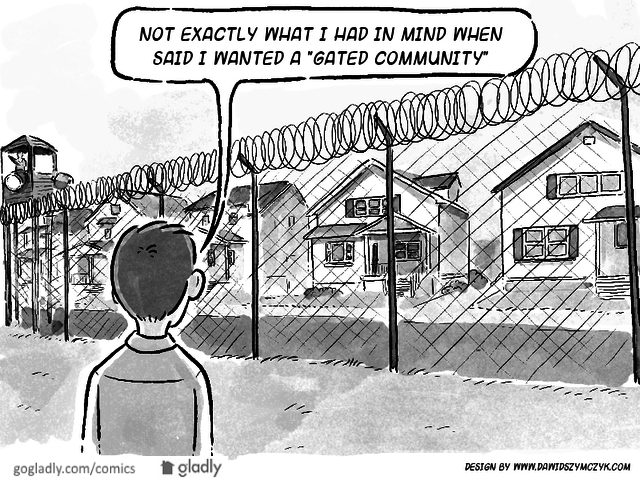Today, there are roughly 57 million Americans living in managed communities, or HOAs. Of those 57 million, every single one of them has a certain set of expectations about what that should mean.
While most homeowners would reasonably expect things like grounds maintenance, snow removal, and maybe some nice amenities, that’s not really the point. Residents have some deeper needs, and as an HOA, you have a responsibility to meet them the best way you know how. Other than the obvious, most homeowners expect:
- Peace and quiet
- Convience
- Safety with some level of freedom
Not too much, right? But here’s the problem. Sometimes, policies implemented by the HOA appear to fly in the face of homeowners’ expectations. A couple of examples:
- They expect peace and quiet, but you want to allow residents to use common areas for parties, at the risk of annoying everyone else.
- They moved in to avoid the hassle of yard work and have more free time, but some HOA rules are perceived as inconvenient or restrictive.
Here’s the Key
Lucky for you, there is one basic practice that can help temper expectations and flare-ups: communication. Even in the best communities, residents who feel like management is the inner sanctum — impenetrable and unapproachable — aren’t going to be happy.
However, maintaining a level of transparency can really help your homeowners feel valued and involved:
- As appropriate, allow for feedback before finalizing initiatives
- Provide convenient ways for residents to stay informed
- Conduct periodic open-door meetings
Finding Balance
One of your HOA’s primary concerns should be enforcing the rules without appearing heavy-handed. After all, homeowners chose your community to enjoy life more — not to be pushed around.
If homeowners feel like rules are shoved down their throats, they’ll understandably be upset. Fortunately, it’s hard to seem oppressive when the lines of communication are kept open. Allow them to see you’re doing your best to keep them happy and informed, and individuals will be more understanding when things don’t go their way.
- Walking the “Fine Line”: Imposing Fines in Your HOA - July 31, 2019
- HOA Meetings That Don’t Stink - January 23, 2019
- Setting Up Your HOA Record Keeping System - November 28, 2018



 Help
Help